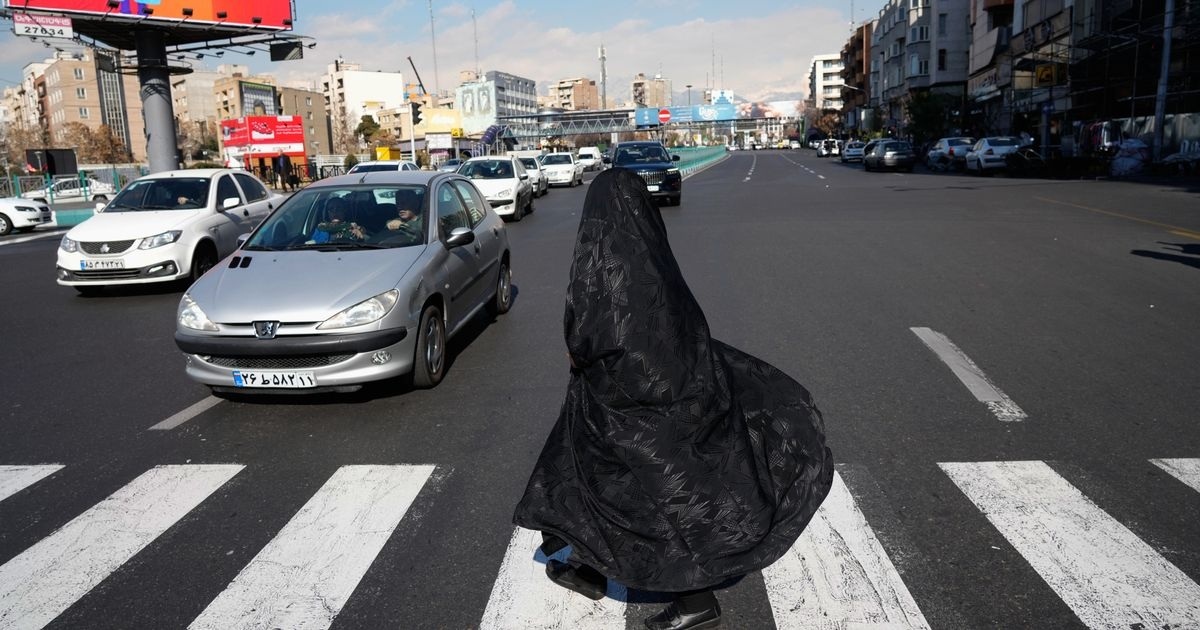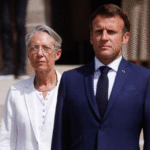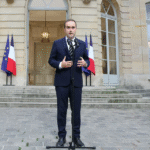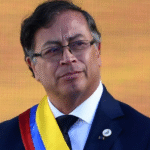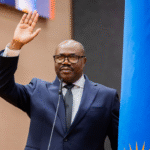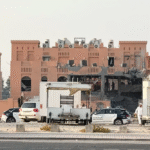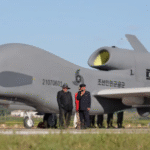Democratic Republic of Congo (DRC) President Félix Tshisekedi has misled European nations by portraying himself as a peace-seeking leader who has never taken a hostile stance against Rwanda despite having publicly vowed to bomb Kigali without ever stepping outside his own country.
Speaking at the Global Gateway Forum, an EU-Africa partnership summit held on October 9, 2025, in Brussels, Tshisekedi presented himself as a man committed to regional harmony and dialogue.
“I have never had any belligerent attitude toward Rwanda, Uganda, or any of our neighbors. Today, both countries could stop this confrontation,” he claimed.
However, his remarks in Brussels sharply contradict his previous statements at home, where he has repeatedly attacked Rwanda and its president, Paul Kagame often comparing him to Hitler and using other derogatory language meant to tarnish his image.
During his 2023 re-election campaign, Tshisekedi declared that if the M23 rebel group — which Kinshasa accuses Rwanda of backing advanced toward Goma, he would seek parliamentary approval to “bomb Kigali.”
“If their first bullet lands in Congo, in Goma, or if they seize any territory, I will convene Parliament and request authorization to declare war on Rwanda,” Tshisekedi said at the time.
“Do not fear — our army can hit Kigali from Goma. Kagame won’t sleep in his house; he’ll hide in the forest. He can play with others, but not with Fatshi Beton,” he added, referring to his nickname.
In May 2024, Tshisekedi told Le Figaro that war with Rwanda remained “a possibility,” though he claimed to be prioritizing development.
“Yes, war is possible, I won’t hide that. But I want to delay it as long as possible to focus our resources on developing the 145 territories of the DRC rather than military ventures,” he said.
Despite this rhetoric, Tshisekedi has strengthened ties between the Congolese army (FARDC) and the FDLR a militia linked to the 1994 Genocide against the Tutsi in Rwanda which seeks to destabilize Kigali and has been integrated into Congo’s military operations.
In September 2024, during peace talks in Luanda between Rwanda and the DRC, both sides had reportedly agreed to dismantle the FDLR. Yet, Tshisekedi personally called his foreign minister, Thérèse Kayiwamba Wagner, instructing her not to sign the accord.
Although Tshisekedi publicly claims to want peaceful relations with Rwanda, his actions often suggest the opposite. Just last week, he blocked his country’s delegation from signing a bilateral economic cooperation agreement with Rwanda.
The United States, which drafted the proposed deal, had highlighted that renewed Rwanda-DRC cooperation could end hostilities and foster lasting peace, stability, and shared economic growth across the region.



